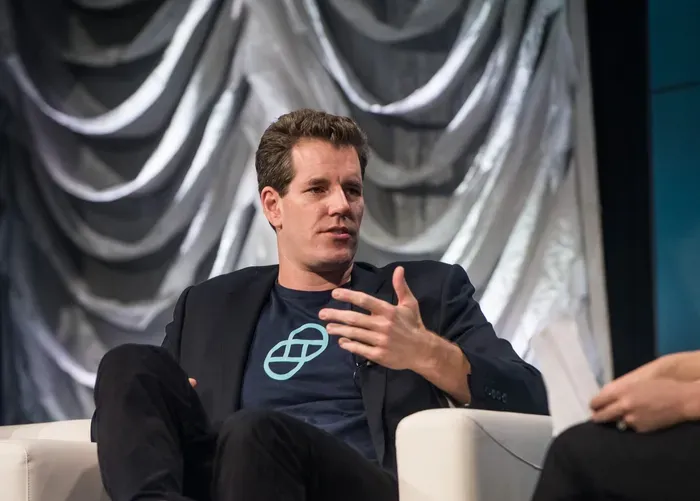Gemini Exchange’s Tyler Winklevoss Calls for Bitcoin Only in US National Crypto Reserve

Tyler Winklevoss, the co-founder of Gemini, a prominent cryptocurrency exchange, has sparked a fresh conversation with his latest take on the proposed U.S. Crypto Strategic Reserve.
Winklevoss argues that Bitcoin should stand alone as the sole crypto in the national reserve. His reasoning hinges on Bitcoin’s established reputation as a reliable store of value, often likened to gold for its "hard money" qualities. Unlike other popular digital assets such as Solana (SOL), Cardano (ADA), and XRP, Winklevoss believes Bitcoin has proven itself over time, making it the standout candidate for such a strategic initiative.
I have nothing against XRP, SOL, or ADA but I do not think they are suitable for a Strategic Reserve. Only one digital asset in the world right now meets the bar and that digital asset is bitcoin.
— Tyler Winklevoss (@tyler) March 3, 2025
Many of these assets are listed for trading on @Gemini and meet our rigorous… pic.twitter.com/q32qlaFDKJ
This perspective arrives at a pivotal moment for crypto in the United States. President Donald Trump recently signed an executive order on digital assets, directing a Presidential Working Group to investigate the feasibility of a national crypto reserve. This reserve could incorporate Bitcoin and other cryptocurrencies already seized through law enforcement actions. The timing of these developments is no coincidence, as the market has seen a notable uptick following Trump’s announcement, although the gains are quickly evaporating, as the market is starting to pull back already.
Stay In The Loop and Never Miss Important Bitcoin and Crypto News
Sign up and be the first to know when we publishThe Debate Over Bitcoin’s Dominance
Winklevoss’s stance isn’t without context or contention. His argument taps into a long-standing debate within the crypto community about Bitcoin’s unique position versus the growing ecosystem of altcoins. Proponents of Bitcoin often highlight its decentralized nature, fixed supply, and widespread adoption as reasons it outshines competitors. In his view, altcoins like XRP, SOL, and ADA lack the same track record or fundamental strengths, positioning them as less suitable for a national reserve. This isn’t just a technical opinion—it’s a philosophical one, echoing the "Bitcoin maximalist" mindset that sees the original cryptocurrency as the gold standard of the digital realm.
Meanwhile, the broader crypto community remains divided. Critics of Winklevoss’s position might argue that excluding altcoins overlooks their potential contributions, whether through faster transaction speeds or innovative blockchain applications. The executive order’s openness to including other seized assets suggests a more inclusive approach might still be on the table. As the Presidential Working Group digs into this issue, its findings could either reinforce Winklevoss’s Bitcoin-only vision or pave the way for a more diverse reserve.
What’s clear is that this conversation is about more than just one man’s opinion. It’s tied to a seismic shift in how the U.S. government views and interacts with digital assets. Trump’s push for a strategic reserve reflects a growing recognition of cryptocurrency’s role in the global economy, especially as nations like China and Russia explore their own digital currency strategies. For Winklevoss, keeping Bitcoin at the forefront ensures the U.S. aligns its reserve with a proven asset rather than risking untested alternatives.

